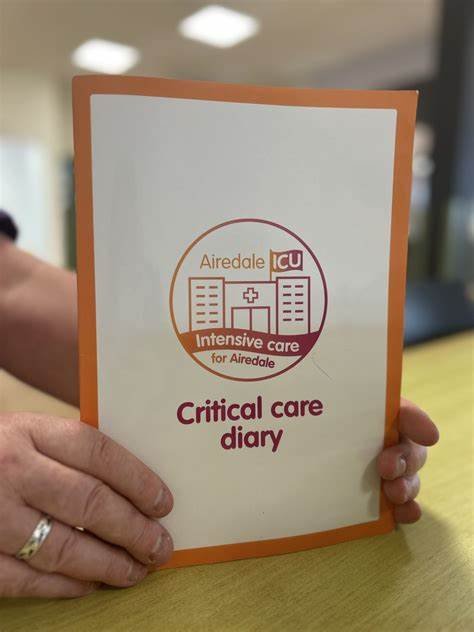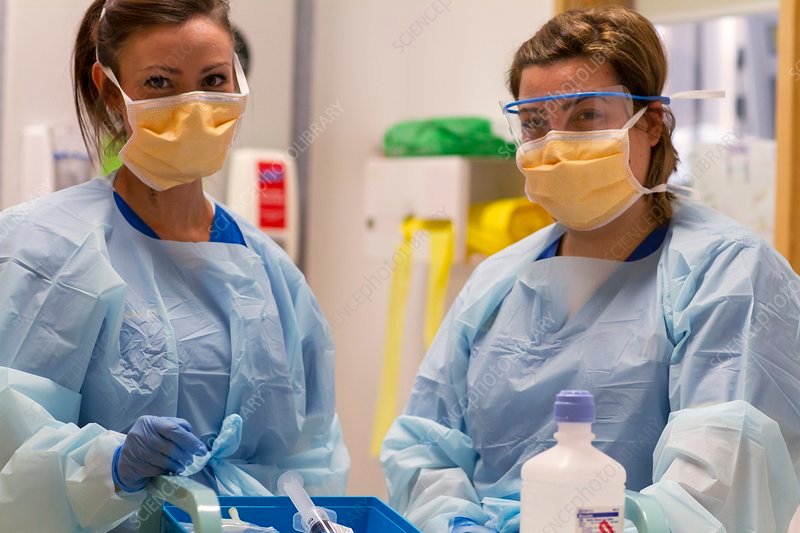When a loved one is in the intensive care unit (ICU), families play a vital role in supporting their recovery. Knowing how families can help intensive care patients is essential to provide both emotional and practical care. Let’s explore ways families can make a difference during this challenging time.
Emotional Support
Be Present
One of the best ways families can help is by simply being there. Sitting by the patient’s side, holding their hand, or talking softly can bring comfort. Being present shows the patient they are not alone, which can ease their stress and fear.
Offer Encouragement
Encouraging words go a long way. Remind the patient they are strong and that their family believes in their recovery. Phrases like “We’re with you” or “You’re doing great” can boost their morale.

Communication
Talk to Medical Staff
Families need to understand the patient’s condition and treatment plan. Regularly talking to doctors and nurses helps families stay informed and better equipped to provide support. Don’t hesitate to ask questions about the care process.
Share Information
Families should communicate with each other about the patient’s needs and progress. This avoids confusion and ensures everyone is on the same page. Clear communication is a key part of how families can help intensive care patients.
Practical Assistance
Help with Personal Needs
Patients in intensive care may need help with personal items. Families can bring essentials like toothbrushes, comfortable clothing, or blankets. These small gestures show care and make the patient more comfortable.
Organize Support
Families can also coordinate efforts to help. For example, they can set up a schedule to ensure someone is always available to visit the patient. This teamwork ensures continuous support without overwhelming any one person.
Advocate for the Patient
Speak on Their Behalf
Sometimes, intensive care patients cannot express their needs. Families can act as advocates, ensuring the patient’s preferences and concerns are heard by medical staff. Being a voice for the patient is a crucial part of how families can help intensive care patients.
Monitor Care
Families should stay attentive to the care being provided. If something seems unclear or concerning, they should discuss it with the medical team. This ensures the patient receives the best possible treatment.
Provide Comfort
Create a Familiar Environment
Bringing familiar items like family photos or a favorite pillow can make the ICU feel less intimidating. These personal touches can help the patient feel connected to their home and loved ones.
Reduce Stress
Families can help the patient relax by playing calming music, reading aloud, or simply sitting in silence when needed. Reducing stress promotes healing and improves the patient’s overall well-being.
Support Each Other
Share Responsibilities
Caring for a loved one in intensive care can be emotionally and physically exhausting. Families should share responsibilities to avoid burnout. Assigning tasks like meal preparation or coordinating visits ensures everyone contributes.
Offer Emotional Support
Families should also support each other during this difficult time. Talking openly about fears and feelings can strengthen bonds and help everyone cope better.
Stay Positive
Focus on Progress
Recovery can be slow, but families should celebrate small victories. Whether it’s a slight improvement in the patient’s condition or a smile from them, these moments provide hope.
Stay Patient
Patience is essential when learning how families can help intensive care patients. Recovery takes time, and being patient ensures families stay strong for their loved one.
Conclusion
Families have a powerful role in helping intensive care patients recover. By offering emotional support, communicating effectively, assisting with practical needs, and staying positive, families create a nurturing environment for healing. Knowing how families can help intensive care patients ensures loved ones feel cared for, valued, and supported during their journey to recovery.











